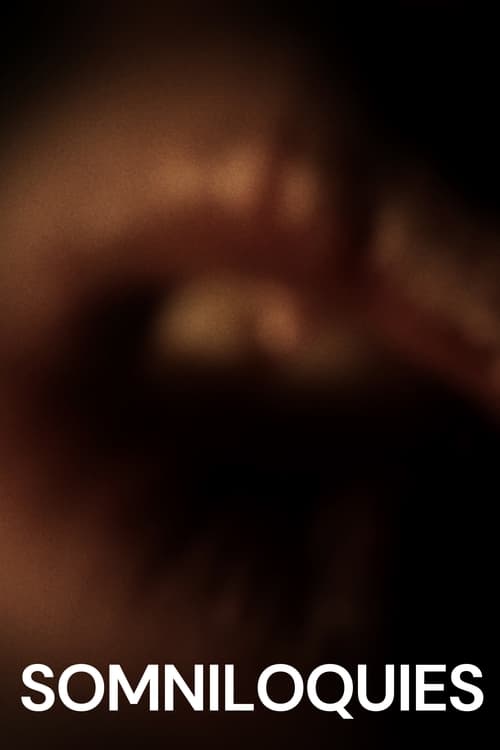
 Disclaimer - This is a news site. All the information listed here is to be found on the web elsewhere. We do not host, upload or link to any video, films, media file, live streams etc.
Kodiapps is not responsible for the accuracy, compliance, copyright, legality, decency, or any other aspect of the content streamed to/from your device.
We are not connected to or in any other way affiliated with Kodi, Team Kodi, or the XBMC Foundation.
We provide no support for third party add-ons installed on your devices, as they do not belong to us.
It is your responsibility to ensure that you comply with all your regional legalities and personal access rights regarding any streams to be found on the web. If in doubt, do not use.
Disclaimer - This is a news site. All the information listed here is to be found on the web elsewhere. We do not host, upload or link to any video, films, media file, live streams etc.
Kodiapps is not responsible for the accuracy, compliance, copyright, legality, decency, or any other aspect of the content streamed to/from your device.
We are not connected to or in any other way affiliated with Kodi, Team Kodi, or the XBMC Foundation.
We provide no support for third party add-ons installed on your devices, as they do not belong to us.
It is your responsibility to ensure that you comply with all your regional legalities and personal access rights regarding any streams to be found on the web. If in doubt, do not use.
 Kodiapps app v7.0 - Available for Android.
You can now add latest scene releases to your collection with Add to Trakt. More features and updates coming to this app real soon.
Kodiapps app v7.0 - Available for Android.
You can now add latest scene releases to your collection with Add to Trakt. More features and updates coming to this app real soon.

Fountain of Youth 2025 - Movies (May 23rd)
The Visitor 2024 - Movies (May 22nd)
Bad Psychiatrist 2025 - Movies (May 22nd)
The Billionaires Masquerade 2025 - Movies (May 22nd)
Pale Horse 2024 - Movies (May 22nd)
Embassy of the Free Mind 2024 - Movies (May 22nd)
Connection 2025 - Movies (May 22nd)
Mission Impossible - The Final Reckoning 2025 - Movies (May 22nd)
First Shift 2024 - Movies (May 21st)
Vitalik An Ethereum Story 2024 - Movies (May 21st)
Lilo and Stitch 2025 - Movies (May 21st)
Backlash The Murder of George Floyd 2025 - Movies (May 21st)
Nyctophobia 2024 - Movies (May 20th)
The Alto Knights 2025 - Movies (May 20th)
Diane Warren Relentless 2024 - Movies (May 20th)
Untold The Fall of Favre 2025 - Movies (May 20th)
Sarah Silverman PostMortem 2025 - Movies (May 20th)
Presence 2024 - Movies (May 20th)
Rosario 2025 - Movies (May 20th)
The Legend of Ochi 2025 - Movies (May 20th)
Bonhoeffer Pastor. Spy. Assassin 2024 - Movies (May 20th)
Clarksons Farm - (May 23rd)
The Beat with Ari Melber - (May 23rd)
Lets Make a Deal - (May 22nd)
The Bold and the Beautiful - (May 22nd)
The Price Is Right - (May 22nd)
Deadline- White House - (May 22nd)
The Young and the Restless - (May 22nd)
House of Payne - (May 22nd)
Tyler Perrys Assisted Living - (May 22nd)
Ms. Pat Settles It - (May 22nd)
Celebrity Wheel of Fortune - (May 22nd)
Battle of the Generations - (May 22nd)
Taskmaster - (May 22nd)
Katy Tur Reports - (May 22nd)
Chris Jansing Reports - (May 22nd)
Ambulance - (May 22nd)
Interior Design Masters with Alan Carr - (May 22nd)
Bad Dog Academy - (May 22nd)
Tonight - (May 22nd)
Piers Morgan Uncensored - (May 22nd)

Lars von Trier challenges his mentor, filmmaker Jørgen Leth, to remake Leth’s 1967 short film The Perfect Human five times, each with a different set of bizarre and challenging rules.

The collective life of the generation born as Jurij Gagarin became the first man in space. Vitaly Mansky has woven together a fictional biography – taken from over 5.000 hours of film material, and 20.000 still pictures made for home use. A moving document of the fictional, but nonetheless true life of the generation who grew up in this time of huge change and upheaval.

Several Portuguese creators occupy the director's chair in this collective short film shot during the COVID-19 pandemic shutdown in an unfolding of personal perspectives.

On the island of Tanna, a part of Vanuatu, an archipelago in Melanesia, strange rites are enacted and time passes slowly while the inhabitants await the return of the mysterious John.

An anthology of one-minute films created by 60 international filmmakers on the theme of the death of cinema. Intended as an ode to 35mm, the film was screened one time only on a purpose-built 20x12 meter public cinema screen in the Port of Tallinn, Estonia, on 22 December 2011. A special projector was constructed for the event which allowed the actual filmstrip to be burnt at the same time as the film was shown.

A documentary portrait of Utopia, loosely framed by Plato’s invocation of the lost continent of Atlantis in 360 BC and its re-resurrection via a 1970s science fiction pulp novel.

Experimental film fragment made with the Edison-Dickson-Heise experimental horizontal-feed kinetograph camera and viewer, using 3/4-inch wide film.

A collage of newsreels, trailers, clips and other visionary and unseen fragments of sight and sound regarding the late plastic artist Helio Oititica.

Filmmakers use archival footage and animation to explore the culture surrounding nuclear weapons, the fascination they inspire and the perverse appeal they still exert.

A cameraman wanders around with a camera slung over his shoulder, documenting urban life with dazzling inventiveness.